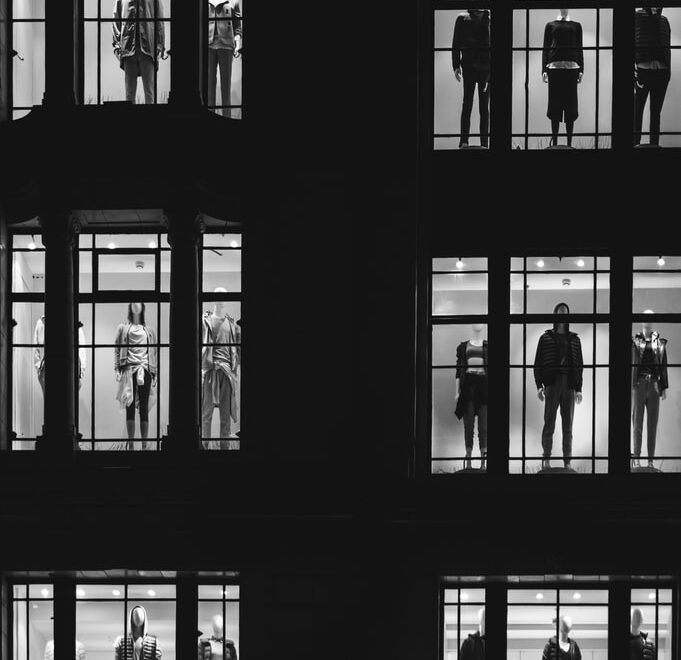The allure of fast fashion for the consumer is obvious; it’s cheap, and feeds an appetite for novelty.
It means a new look can be yours any time you want it.
However, recently, the reputation of fast fashion has become tarnished with claims of employees being poorly paid and suffering terrible working conditions.
There’s been a backlash against the fashion industry that has also found itself being blamed for the devastating environmental pollution caused by its global operations.
A report last year by Manchester University was the rallying cry for “urgent fundamental changes” to be made “to stem a devastating impact upon the environment”.
State-of-the-art research has been used to examine the environmental impacts at critical points in the textile and fashion value chain, and have revealed that more than 92 million tonnes of waste are produced every year and 1.5 trillion litres of water consumed, alongside chemical pollution and high levels of CO2 emissions.
Even those who are ignorant, or in denial, about the effect fast fashion has on the environment are rethinking their shopping habits as a result of the impact of the Covid-19 pandemic, which saw clothing sales slump by 25 per cent – the biggest drop in 23 years when records began – as shoppers suddenly had no need for a new outfit every week; they simply weren’t going anywhere to show off their purchases.
If we think of buying fast fashion as a “habit”, then this has been a timely opportunity to quit, or at least cut down.
Last year, high fashion department store Selfridges launched a sustainable fashion initiative and other clothing manufacturers and labels are creating environment-friendly ranges to mitigate fashion’s increasingly bad reputation.
After all, who wants to wear something made at the expense of human misery and environmental destruction?
There are so many other reasons why we should be spending more money on fewer clothes.
If you’ve ever shopped in a cheap fast fashion store, chances are you’ll see with how little respect the garments are given by customers who leave clothes strewn about the rails and floor in scenes more akin to a jumble sale than a fashion store.
Maybe by paying more for your clothes you’re showing more respect, not only for those who make them but for your body.
No fast-fashion experience compares to buying a beautiful piece of clothing that you will wear for years and will love.
Investing in better fashion means you’ll be less likely to impulse buy; you’ll take more care of the clothes you have and they’ll make you feel a million dollars.
That doesn’t mean there’s not a place in your wardrobe for cheaper clothing.
The odd £25 splurge on an uber on-trend top to go with your immaculately-tailored trousers can always find a place in your wardrobe but as we progress into the 2020s, fast fashion is looking a lot less like a savvy proposition.

